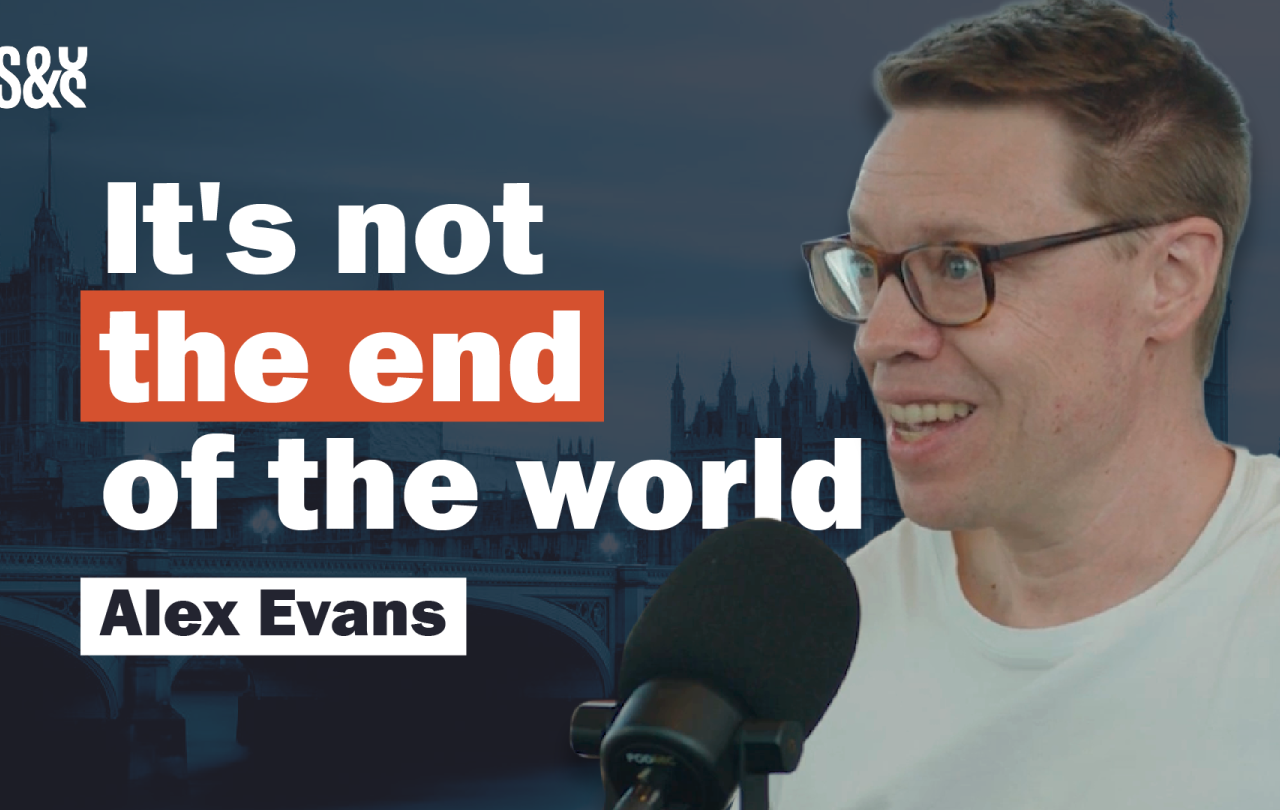
I was once called a fascist for saying that the only authority I recognised was God’s. Actually, it had the usual alliterative, adjectival expletive attached to “fascist” that was customary for those of us who received a leftist political education in the 1970s. Very Dave Spart.
Fascism is popular – or possibly populist – as an insult again. The epithet has been applied to Donald Trump in the final stages of the US presidential race. His former White House chief of staff, John Kelly, revealed that Trump had some emollient things to say about Adolf Hitler and retired US general Mark Milley has branded Trump “fascist to the core”.
Democrat presidential rival Kamala Harris endorsed their use of the F-word for Trump, in what must count as one of her more daring statements of the campaign.
And it’s not just evidence of Trump’s admiration for Hitler, historically the go-to evil icon for every anti-fascist. Trump likes tough-guy dictators and rulers. Vladimir Putin, North Korea’s Kim Jong Un, President Erdogan of Turkey, China’s Xi Jinping have all received the Trump seal of approval.
That’s quite a list. What’s most worrying is that Trump has so many role models to choose from. Fascism seems fashionable again. Apart from trying to be nice and kind and not cruel to everybody in a Pollyanna kind of way, those of us of a non-combative religious faith are obliged to state quite why we do find this so worrying.
We’re in the territory here of the cruelty and savagery of the incompetent empty vessel.
Part of the answer to that is pragmatic. Fascist leaders are generally not supportive of their domestic religions, as they endeavour to build their own religious cults around themselves, though it has to be said that Hitler’s relationship with the Catholic Church was at best ambiguous, while Trump is quite reliant on the Christian Right in the US.
Another part of the answer attaches to my response to earthly authority as described at the top of this. It sounds like a cop-out and, in part, I accept that. It’s actually an opt-out, in that the Christian story doesn’t recognise worldly authority unless it serves its standards, rather than the other way around.
That’s why we’re feared by authoritarian political leaders – call them fascist if you will. By extension, the Christian faith isn’t politically populist, though it might be described as a popular movement. Our leadership model is among the people it serves, rather than from the front of them. That’s not a model that Trump or anyone he admires is likely to emulate any time soon.
It is what so confounded and ultimately threatened the political establishment in which it was founded. An itinerant preacher and miracle-worker emerges from the backwoods of a far-flung province of the Roman Empire – a fascist enterprise if ever there was one – to tell both it and its puppet state Judea that his and his insurgent followers’ authority comes not from this world. And the triumph of that claim is recorded in the subsequent two millennia of human history.
That’s not power to the people, nor really a power of the people, but a power of every person in a corporate unity. It is, if you like, the exact obverse of the Roman coin, the antithesis of the emperor and the antidote to every fascist leader that has ever followed and been followed.
I’m not at all sure that Trump is a fascist, as claimed. There’s a school of thought that he’s not bright enough, is too plain dumb, to join that rogues’ gallery. The most dangerous fascists of history, like Hitler, have a pitch-dark ideology that they pursue at all human cost to others and themselves. Trump has no apparent ideology other than the serving of his own vanities and insecurities.
That doesn’t make him undangerous, but it makes him a different kind of authoritarian from a true fascist. We’re in the territory here of the cruelty and savagery of the incompetent empty vessel. And we need to apply a different kind of vigilance from that of the authentic fascist. Because Trump is essentially a buffoon.
Idiotic or truly evil, ultimately the answer may not be to find electoral alternatives, but to measure them against what is transcendent and immutable in human nature.
The buffoonish authoritarian is a handmaid to fascism, but not the real thing. Perhaps every bit as destructive and oppressive of their people, but as an enabler of fascism rather than a principal. Like Benito Mussolini in Italy in the 1930s and Second World War, these are preening clowns, though of course not in the least bit funny.
It’s hardly on a par with the Reichstag fire in 1933, which Hitler manipulated for absolute power in Germany, but let’s not forget that Boris Johnson as prime minister attempted illicitly to prorogue parliament to get his way with Brexit in 2019. Like Trump, contempt for democracy and the “great man of history” personality cult tick a couple of boxes for fascism, but it doesn’t make them any less stupid.
Idiotic or truly evil, ultimately the answer may not be to find electoral alternatives, but to measure them against what is transcendent and immutable in human nature. And that brings me back to the first line of this piece.





